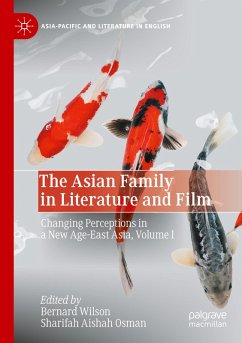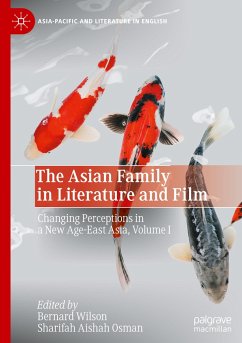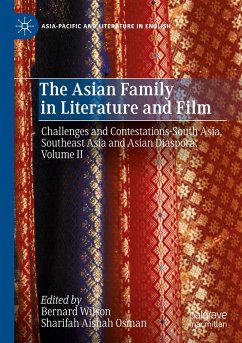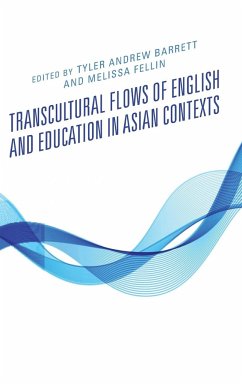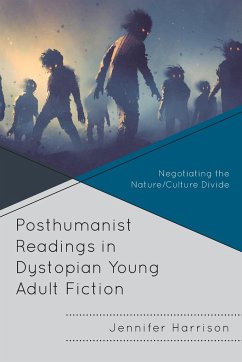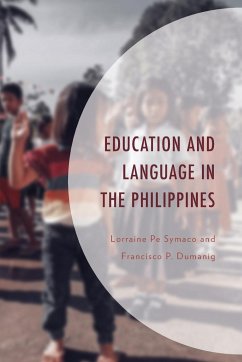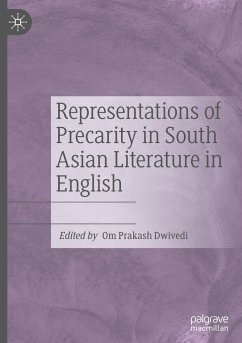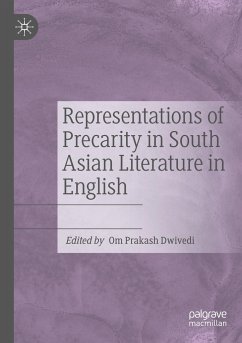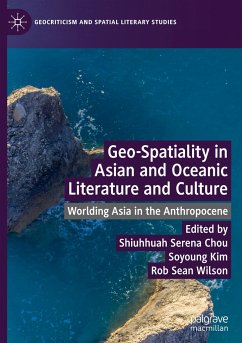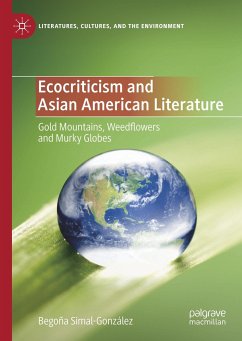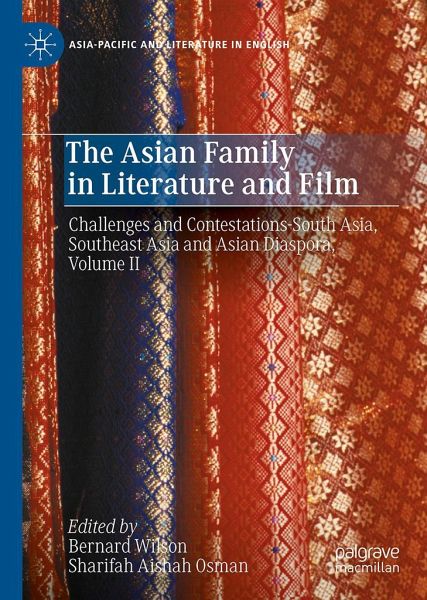
The Asian Family in Literature and Film
Challenges and Contestations-South Asia, Southeast Asia and Asian Diaspora, Volume II
Herausgegeben: Wilson, Bernard; Osman, Sharifah Aishah

PAYBACK Punkte
76 °P sammeln!
This book investigates the ways in which the family unit is now perceived in South and Southeast Asia and the Asian diaspora: its numerous conceptions and the changes it has undergone over the last century and into the new one. The prevailing threads that run through a significant part of the literature and cinema emerging from these societies are the challenges that confront those negotiating changing forms of family, changes which are expressed historically, politically, and socio-culturally, and often in relation to gender, ethnic, or economic imbalances. Though regional and localized in ma...
This book investigates the ways in which the family unit is now perceived in South and Southeast Asia and the Asian diaspora: its numerous conceptions and the changes it has undergone over the last century and into the new one. The prevailing threads that run through a significant part of the literature and cinema emerging from these societies are the challenges that confront those negotiating changing forms of family, changes which are expressed historically, politically, and socio-culturally, and often in relation to gender, ethnic, or economic imbalances. Though regional and localized in many ways, they are also very much universal in the questions they ask, the lessons they teach, and the connections they make. Theoretically, and in terms of focus, the collection offers a broad range, embracing representation and analysis from scholars across the globe and across disciplines. It assembles written and visual texts from and about India, Indonesia, Malaysia, The Philippines,Singapore, and the Asian diaspora. How have more fluid concepts of family in the late twentieth and early twenty-first centuries affected the understanding of family in Asia? How have families in Asia resisted or embraced change? How have they responded to trauma? What do other readings-gendered, feminist, queer, and diasporic-bring to modern debates surrounding family? To what extent are notions of family, community, society, and nation represented as interchangeable concepts in Asian societies? This book questions the power dynamics, ethical considerations, and moral imperatives that underpin families and societies within, and beyond, Asian borders.



